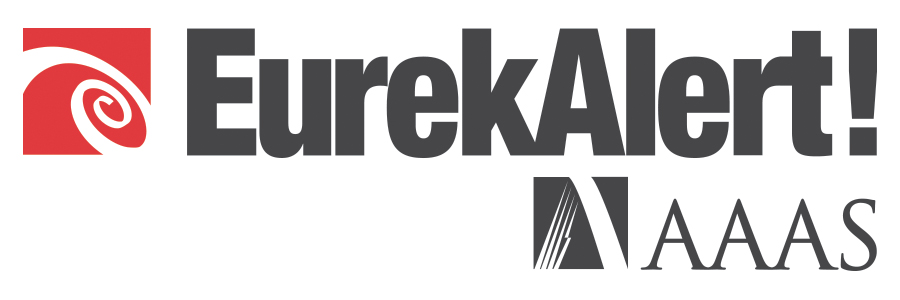
In the meta-analysis, Luoping Zhang, University of California, Berkeley, and her team pursued the question of whether people who used plant protection products containing glyphosate (such as farmers and gardeners) had an increased risk of contracting Non-Hodgkin Lymphoma (NHL), a form of lymph node cancer. To this end, the scientists evaluated updated data from the “Agricultural Health Study” (AHS), a large-scale cohort study, and five case-control studies.
The researchers’ analysis concluded that people who had the greatest exposure to plant protection products containing glyphosate contracted NHL more often than persons with lower or no exposure. This result is supported, in the view of the authors, by previous experiments with animals and “mechanistic” studies in which the causes were sought. It is suggested that there is a “compelling” link between the uptake of glyphosate-based plant protection products and an increased risk of NHL.
The BfR has a different opinion. Although the meta-analysis with its reference to glyphosate-based plant protection products is interesting from a scientific point of view, it involves great uncertainty: It could not be determined with sufficient accuracy in the studies how much glyphosate the study participants were actually exposed to. It should also be taken into account that according to the current state of knowledge, farmers in the USA can come in closer contact with plant protection products containing glyphosate (e.g. because larger areas are treated or because it is often sprayed from aircraft).
Several of the case-control studies used by Zhang and colleagues found an increase in the NHL risk. These studies should only be given very limited consideration, however, when assessing the active substance glyphosate, as no distinction can be made between glyphosate and the various co-formulants contained in the products that were spread. Furthermore, it was not taken sufficiently into account in several studies that the farmers were possibly exposed to other plant protection products too.
Even though the meta-analysis presents a weak connection between the uptake of glyphosate-based plant protection products and the risk of NHL, this result involves considerable uncertainty in the corresponding studies. When all of the findings are viewed together, therefore, a causal connection between exposure to (contact with) the active substance glyphosate and the occurrence of NHL has still not been substantiated, in the view of the BfR.
###
About the BfR
The German Federal Institute for Risk Assessment (BfR) is a scientifically independent institution within the portfolio of the Federal Ministry of Food and Agriculture (BMEL) in Germany. It advises the Federal Government and Federal Laender on questions of food, chemical and product safety. The BfR conducts its own research on topics that are closely linked to its assessment tasks.
Disclaimer: AAAS and EurekAlert! are not responsible for the accuracy of news releases posted to EurekAlert! by contributing institutions or for the use of any information through the EurekAlert system.

